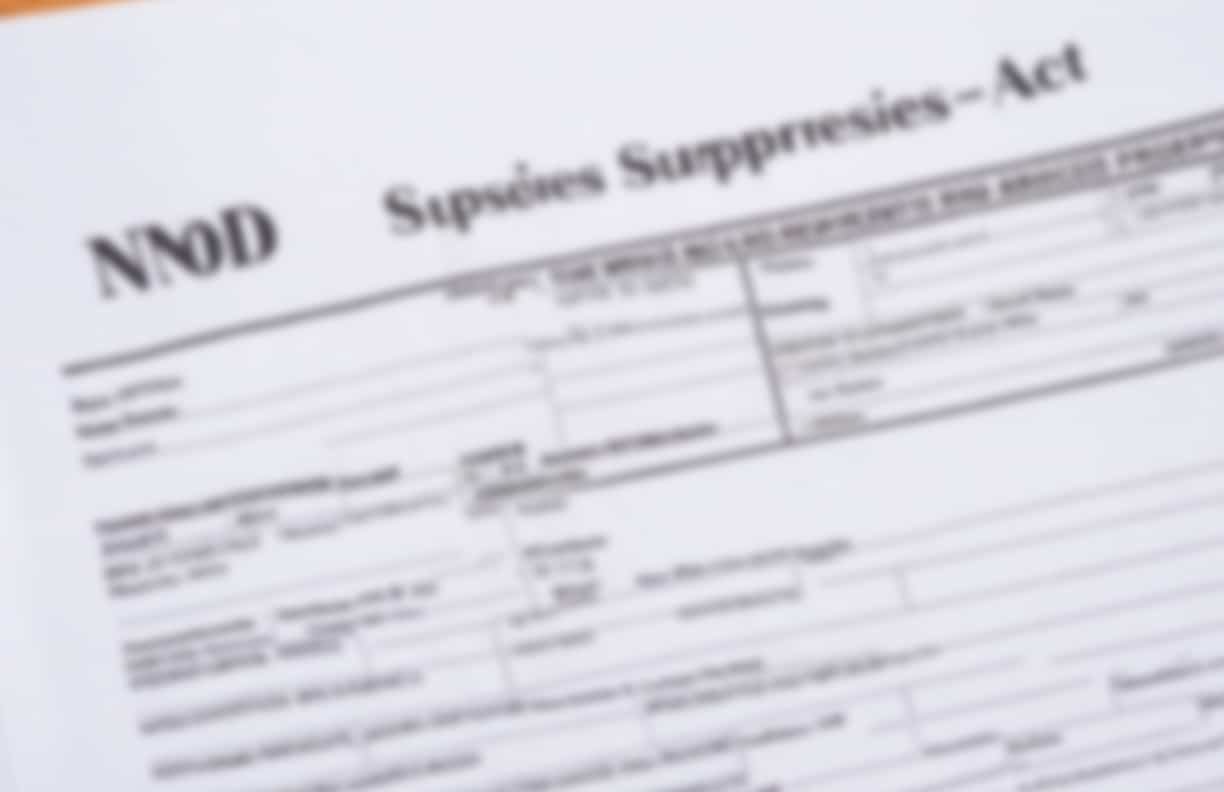Menu
Menu
State Specific IDR
Menu
Menu

The No Surprises Act (NSA), along with its Independent Dispute Resolution (IDR) process, represents a significant step forward in addressing surprise billing and protecting patients from unexpected out-of-network (OON) charges. However, as with any major reform, the legislation has encountered challenges and criticism from both healthcare providers and insurers. Below, we explore the strengths and limitations of the NSA and the IDR process.
The NSA provides critical protections for patients by ensuring they are not burdened with surprise bills in certain scenarios, including:
The IDR process offers an unbiased mechanism to resolve payment disputes between providers and insurers, helping to streamline negotiations and prevent prolonged litigation.
The Act limits patient cost-sharing for OON services to in-network levels, calculated using the Qualified Payment Amount (QPA) as a benchmark.
While the NSA is a milestone in patient protection, it only applies to:
The IDR process has been criticized for being cumbersome and resource-intensive, particularly for smaller healthcare providers. Challenges include:
Even with the IDR process in place, disagreements about fair compensation persist. Insurers often leverage the QPA, which some providers argue does not reflect the true cost of care. These disputes can lead to delays in payment and further contention.
The NSA relies on the availability of independent IDR entities to resolve disputes. However, regional shortages of certified IDR entities have created backlogs, delaying resolutions and exacerbating financial strain for providers.
The NSA and IDR process have faced lawsuits from both providers and insurers, including:
Smaller providers, in particular, bear the brunt of delays and disputes, with some struggling to remain financially viable amid unresolved payment issues.
The No Surprises Act and its IDR process mark an important step toward resolving surprise billing issues and protecting patients from financial harm. However, the system is far from perfect. The challenges highlighted above underscore the need for:
As stakeholders—including legislators, providers, and insurers—continue to adapt to the evolving healthcare landscape, addressing these challenges will be key to realizing the full potential of the NSA. Organizations like Ardú Partners stand ready to help healthcare providers navigate these complexities and ensure compliance while maintaining financial stability.
Many healthcare providers are unaware of the powerful tools available to recover fees for out-of-network services through the Independent Dispute Resolution (IDR) process established by the No Surprises Act. Here’s how it works:
Our program is designed to make this process simple and risk-free for you, ensuring maximum recovery.
Schedule a complimentary audit call with Ardú today to learn how we can help medical facilities, surgeons, staffing agencies, societies, and more recover unpaid medical claims and unlock the revenue they deserve!